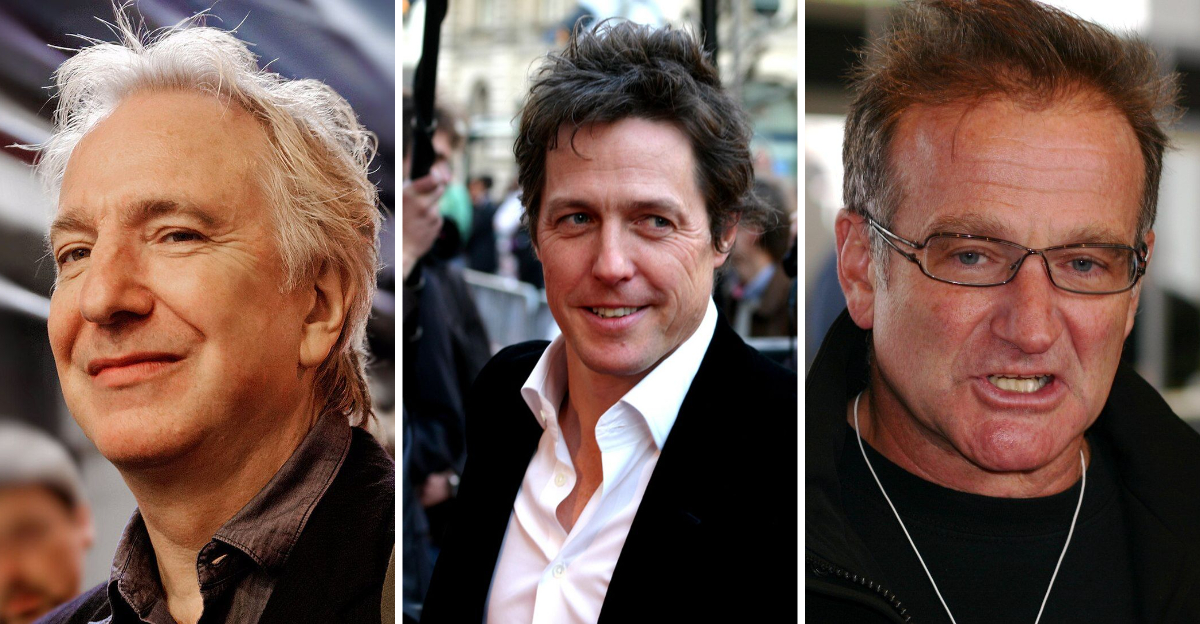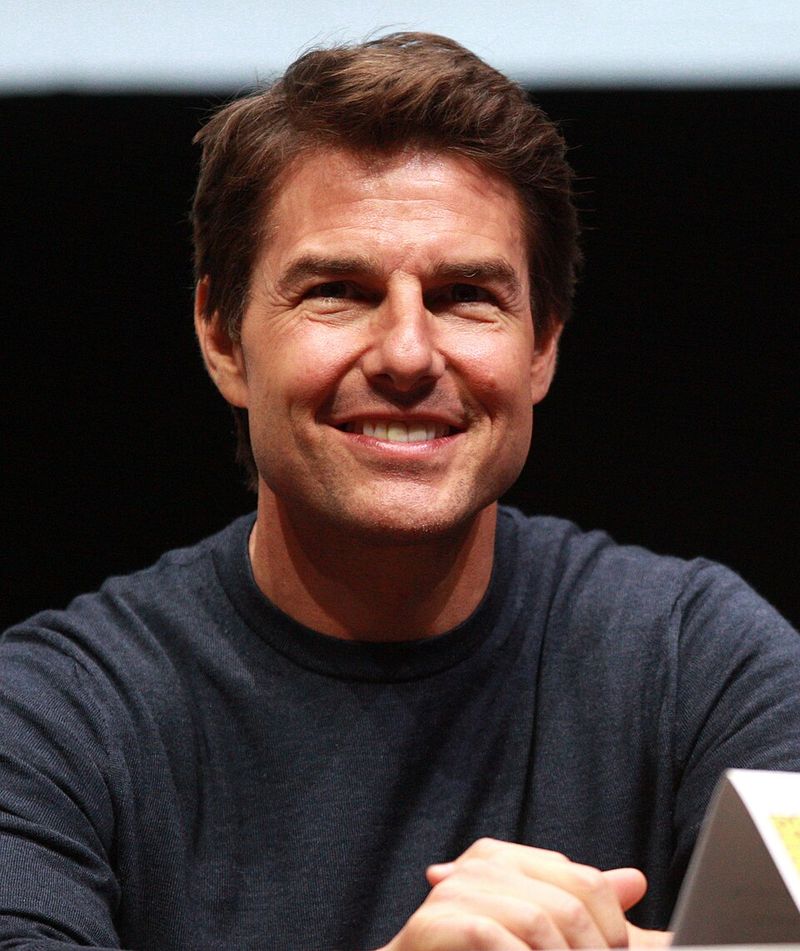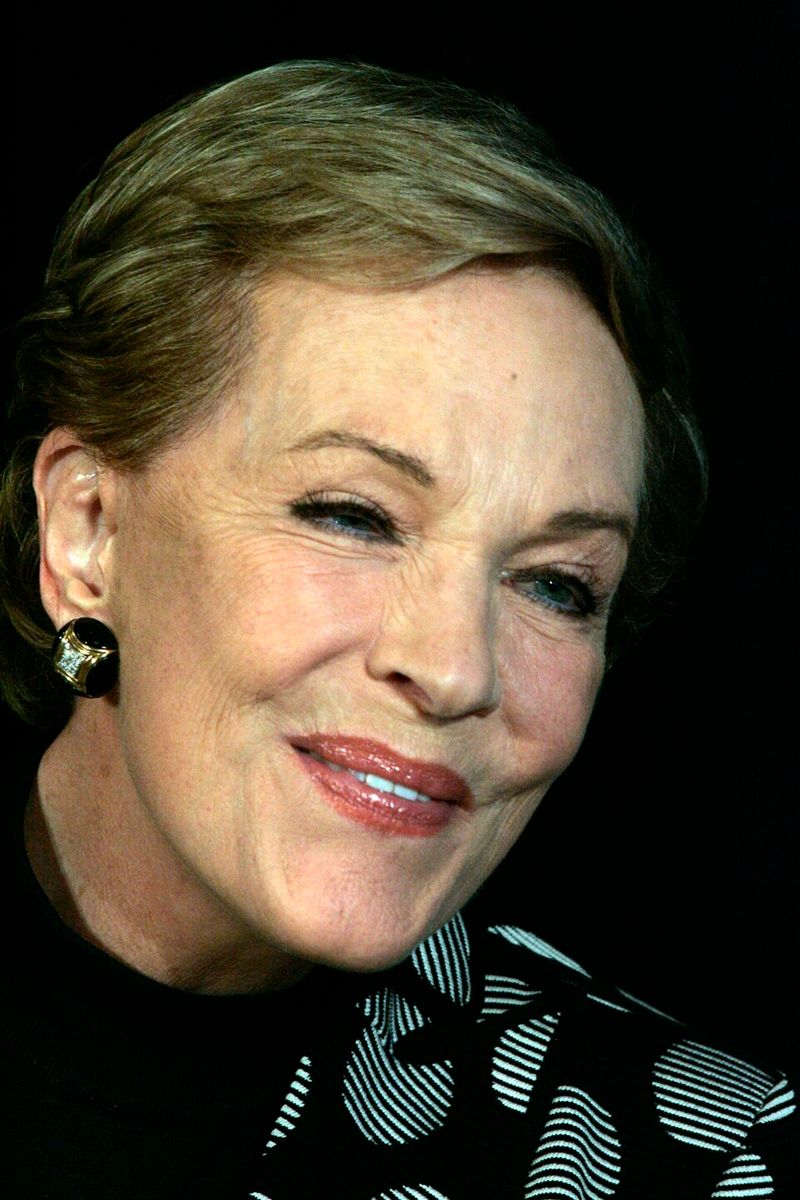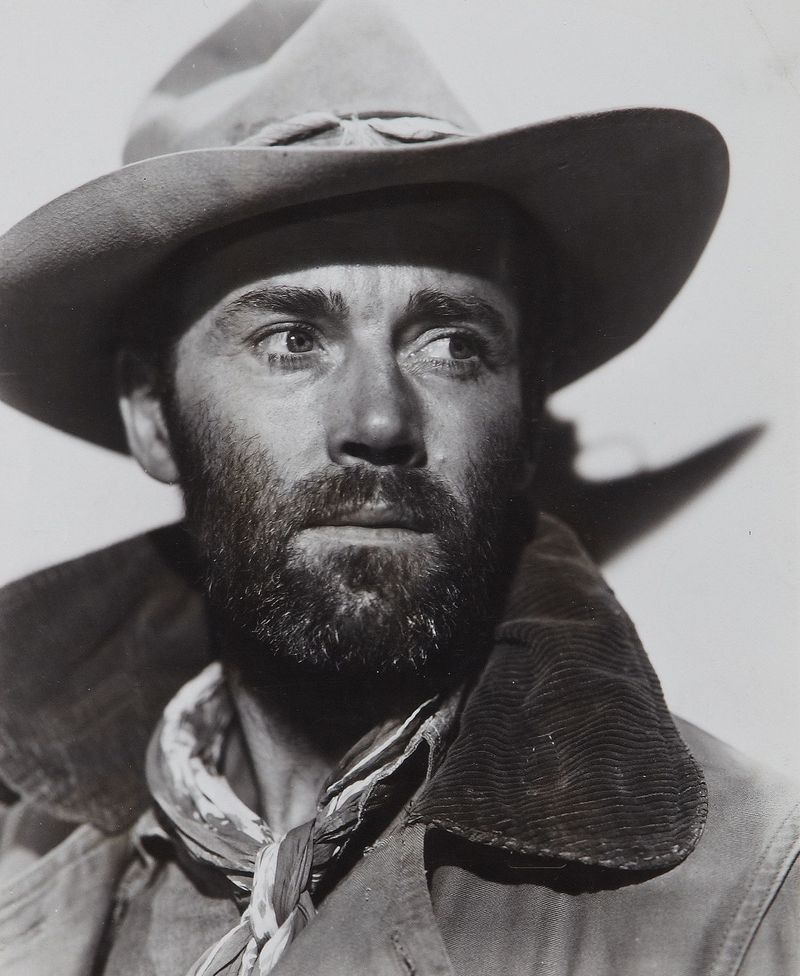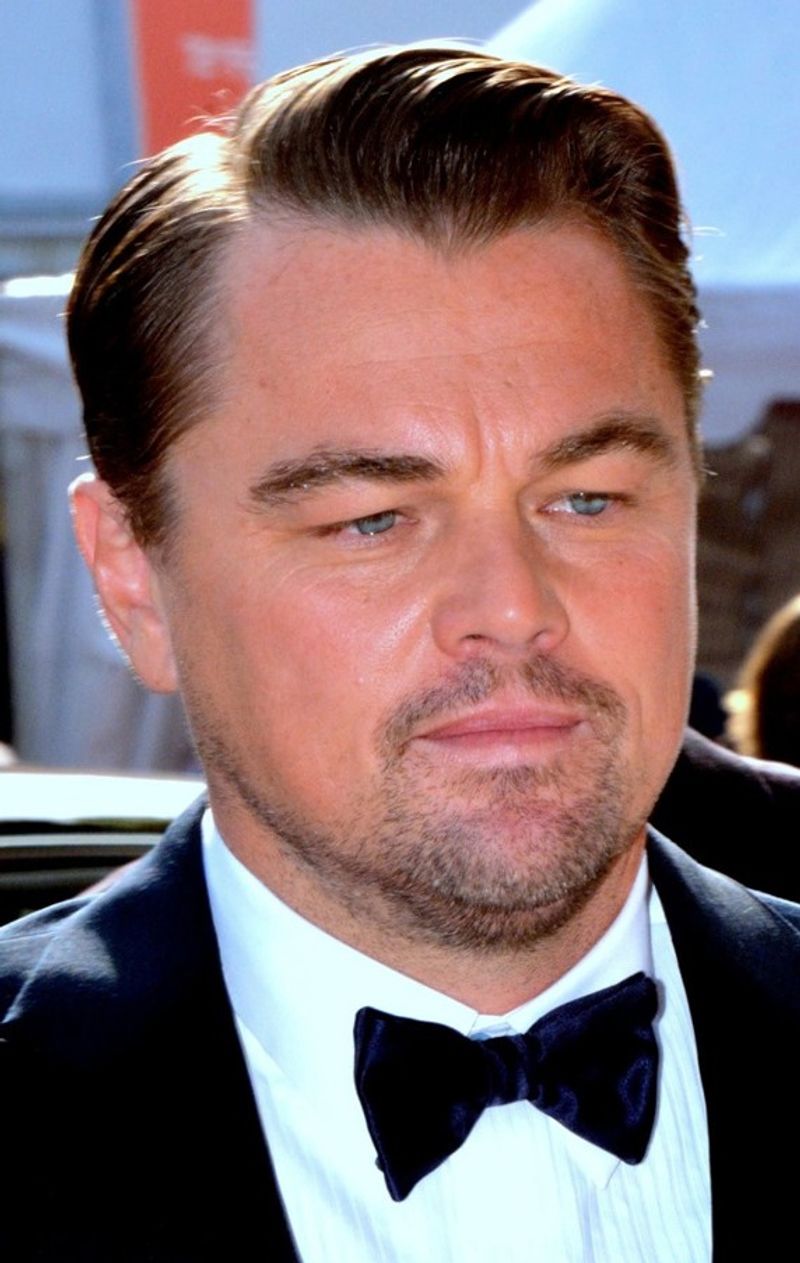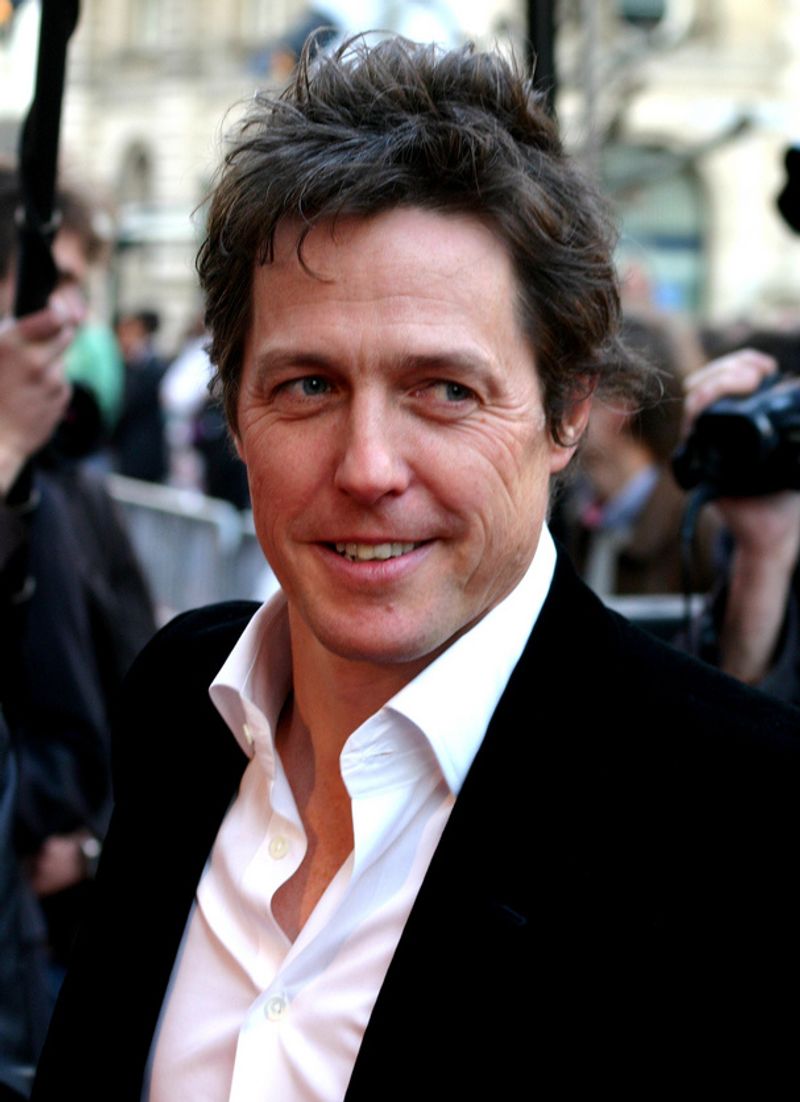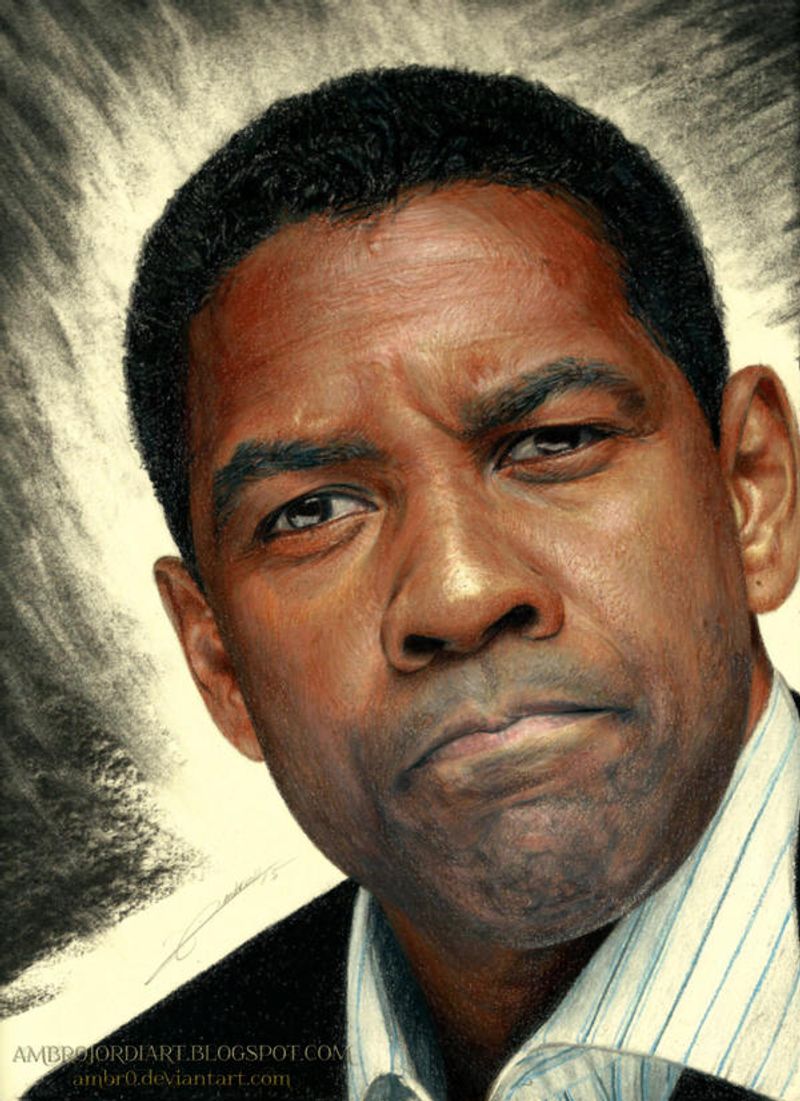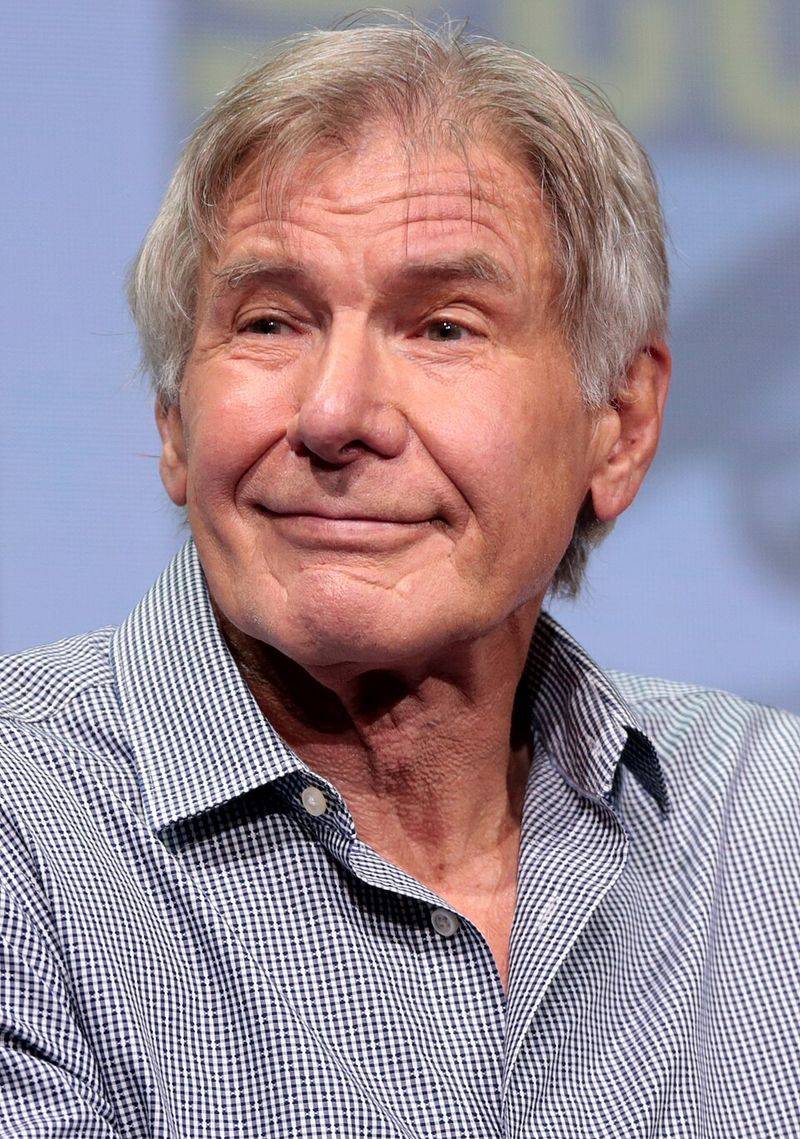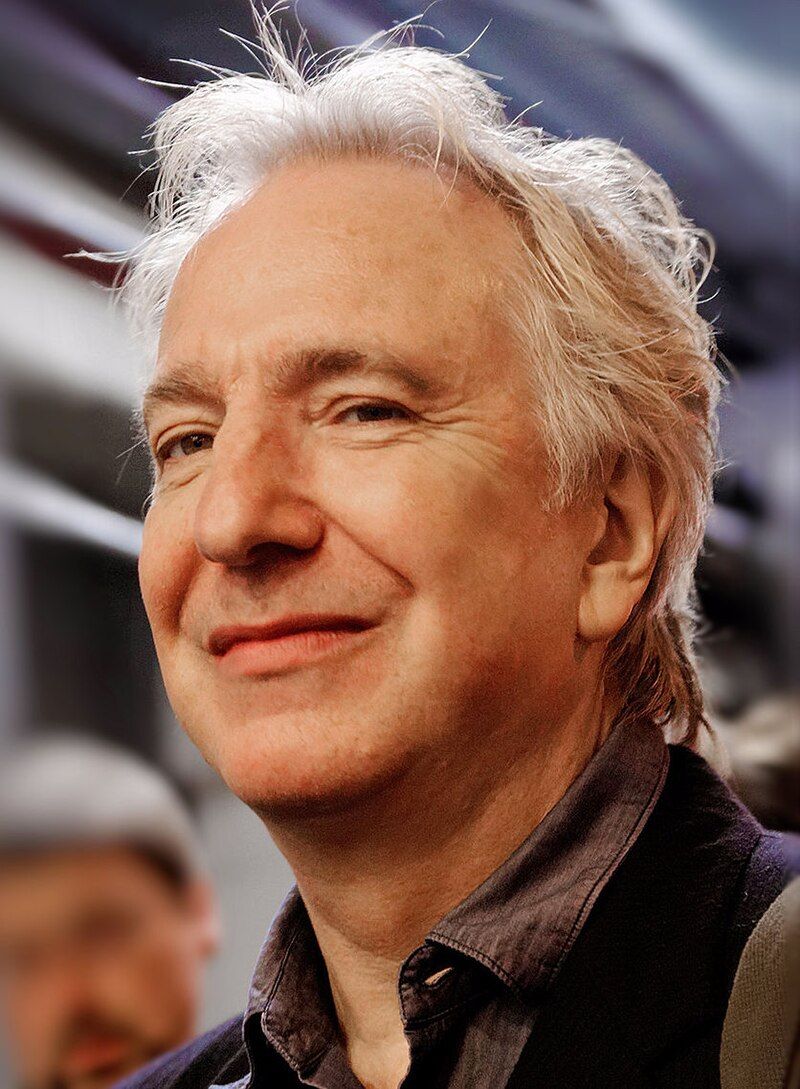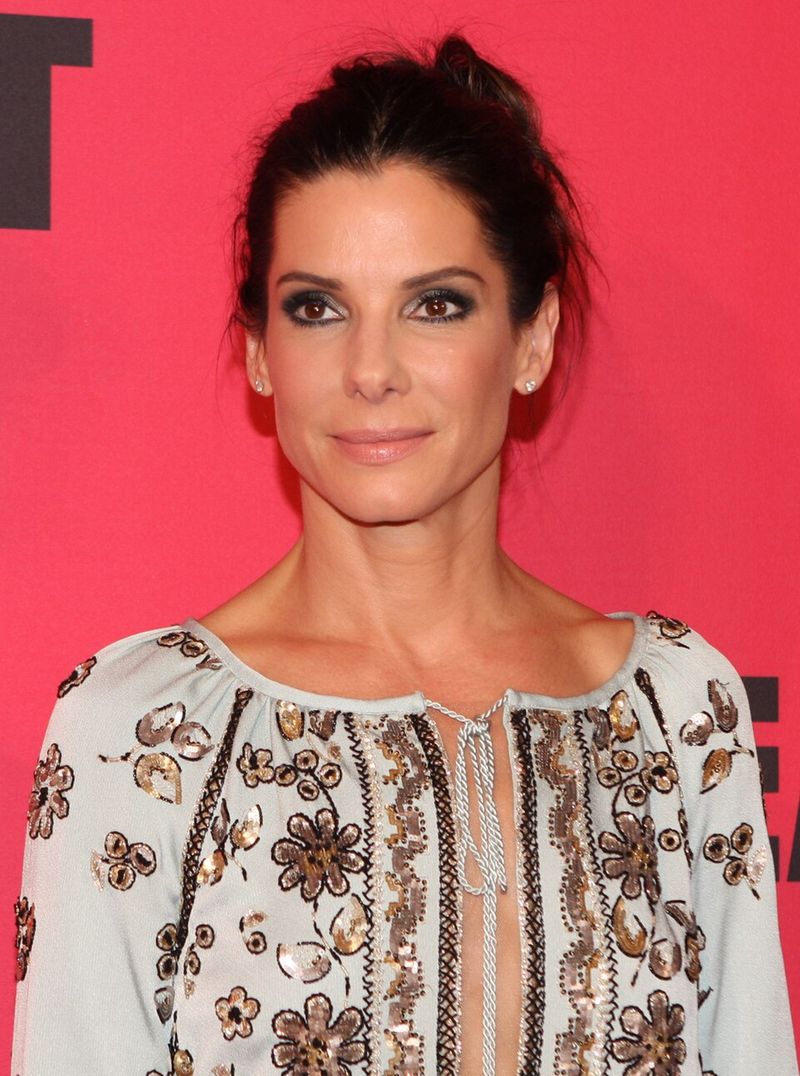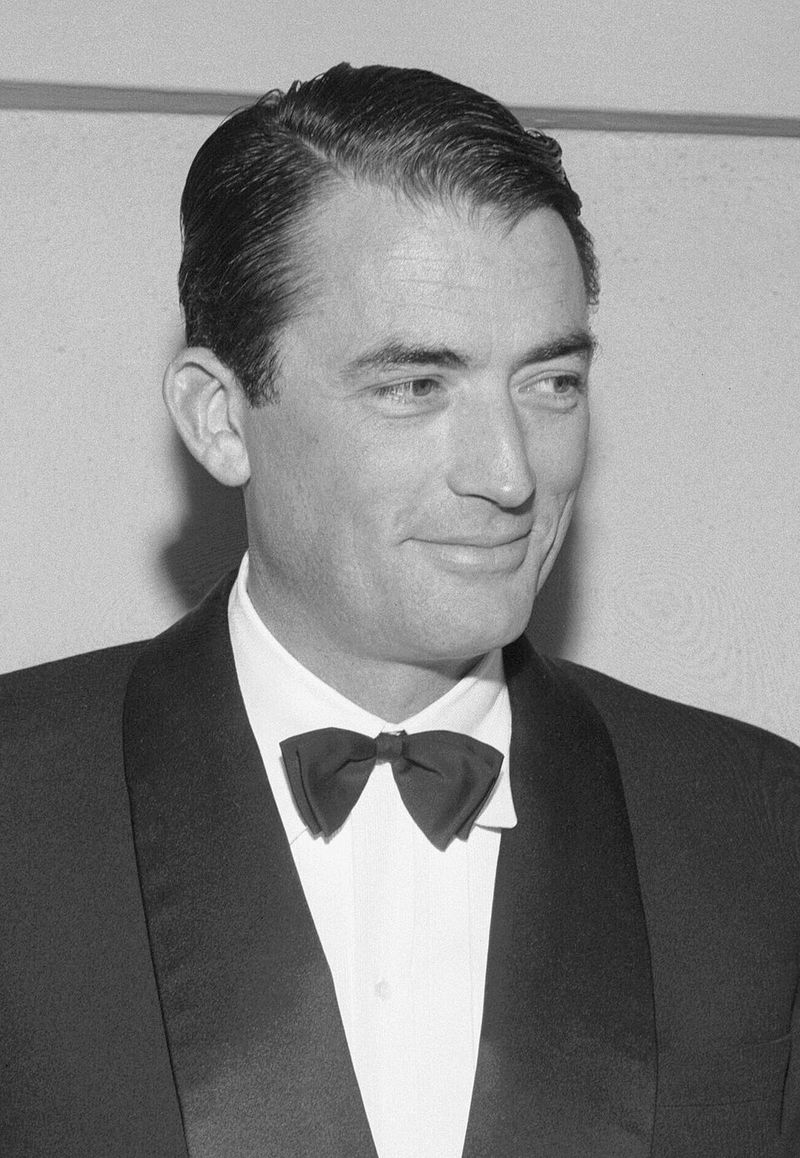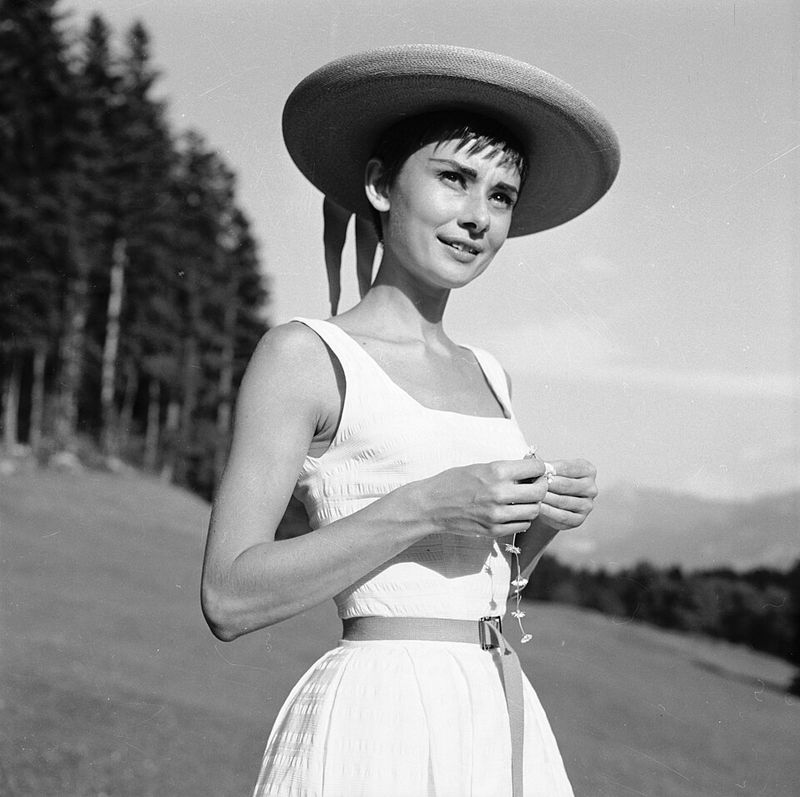Some actors are so closely tied to heroism that a single brush with evil feels seismic. When they cross the line—just once—the result can be career-defining, unsettling, and unforgettable. This list spotlights performers who ventured into outright villainy for a solitary performance and then stepped back into safer territory. Prepare for chilling transformations, against-type shocks, and roles that still haunt the screen.
Tom Cruise – Collateral (2004)
Tom Cruise detonated his charming leading-man image with Vincent, an ice-cold contract killer who hijacks a cab ride into a night of moral collapse. With silver-gray hair, measured speech, and predator stillness, he radiates professional menace while debating fate with unnerving calm. Cruise’s restraint makes the violence feel surgical, the philosophy disquieting, and Los Angeles a reflective accomplice to his crimes. It’s a performance carved from steel—precise, focused, terrifyingly believable. The shocking pivot earned critical acclaim and proved he could invert his charisma into threat without grand theatrics. Remarkably, Cruise has never returned to a pure villain, making Vincent a singular black hole in an otherwise heroic galaxy. Collateral endures as the rare star transformation that chills more with silence than spectacle.
Julie Andrews – Despicable Me (Voice, 2010)
Julie Andrews weaponized warmth into frost as Marlena Gru, the dismissive mother whose sarcasm explains a supervillain’s insecurity. Her clipped delivery, daggered compliments, and bone-dry timing turn maternal authority into a scalpel, slicing Gru’s ego with effortless poise. It’s both funny and unsettling—Mary Poppins reimagined as a master of emotional chill. Andrews calibrates contempt so carefully it practically sparkles, making Marlena a stealth antagonist in a candy-colored world. The performance proved her vocal precision could play wicked without ever raising its voice. Afterward, Andrews returned to regal, kindhearted figures, leaving this role as a singular venture into pointed meanness. In a franchise of grand schemes and gadgets, her quiet cruelty may be the most resonant weapon—and one she wielded only once.
Robin Williams – One Hour Photo (2002)
Robin Williams shed his buoyant warmth to become Sy Parrish, a lonely photo technician whose fixation curdles into dread. His pale stillness, gentle cadence, and obsessive tidiness feel heartbreakingly human until they don’t, turning everyday spaces into chambers of unease. Williams locates terror not in volume but in vacancy—the hollow smile, the prolonged stare, the fragile rituals holding him together. It’s a portrait of isolation weaponized, compassion twisted into control. Audiences expecting jokes found quiet devastation instead, anchored by a master performer restraining every instinct toward comfort. He never returned to a role this sinister, making Sy a singular shadow on a brilliant career. One Hour Photo remains a chilling reminder: sometimes the scariest monster is the need to belong.
Henry Fonda – Once Upon a Time in the West (1968)
Henry Fonda, the emblem of American virtue, strides into Sergio Leone’s western as Frank, a blue-eyed angel of death. The shock begins with a child’s murder—filmed with terrible calm—and never loosens its grip. Fonda’s relaxed posture and easy smile become instruments of cruelty, rewriting the moral grammar of the genre. Leone weaponizes star image, turning trust into dread every time Frank steps into sunlight. The performance is lean, merciless, and mythic, a deliberate desecration of the actor’s heroic aura. Fonda never repeated such unalloyed evil, preserving Frank as an unrepeatable rupture in his filmography. It remains a masterclass in casting against type and the quiet power of confidence corrupted. In a land of legends, Frank feels terrifyingly real.
Leonardo DiCaprio – Django Unchained (2012)
Leonardo DiCaprio dives into pure depravity as Calvin Candie, a smiling plantation tyrant whose genteel manners lacquer unimaginable cruelty. He makes hospitality a threat, intellect a weapon, charm a trap. DiCaprio’s performance balances theatrical flourish with venomous precision, each grin hiding a blade. Famously, he sliced his hand mid-scene and used the blood, heightening the moment’s ferocity without breaking character. It’s the lone instance where his charisma embraces unrepentant evil rather than moral ambiguity. After Django, he returned to rogues and damaged men, not outright monsters. Candie stands as a dark, dazzling anomaly—a showcase of range and a warning about charisma unmoored from conscience. The result is unforgettable, appalling, and historically charged.
Hugh Grant – Paddington 2 (2017)
Hugh Grant brilliantly parodies his own screen persona as Phoenix Buchanan, a narcissistic, washed-up thespian whose vanity turns criminal. Sequins, disguises, and pirouettes abound, but beneath the glitter lies a deliciously petty villainy. Grant’s comedic timing is razor-sharp, his theatrical preening both mockery and masterclass. He steals scenes with ingratiating smiles that curdle into entitlement, transforming ham into haute cuisine. Critics embraced the audacity—self-aware, joyous, and precisely calibrated. Despite accolades, Grant has resisted repeating such outright villainy, preserving Phoenix as a singular jewel in his crown of eccentrics. In a film about kindness, he becomes the perfect foil: a man who loves applause more than people. It’s irresistible, ridiculous, and unexpectedly poignant.
Denzel Washington – Training Day (2001)
Denzel Washington detonates charisma as Alonzo Harris, a corrupt narcotics detective who seduces and devours with equal flair. Each monologue is a performance within the performance, weaponizing swagger, humor, and sudden menace. Washington makes moral rot magnetic—his gleaming smile flashes like a badge and a warning. The role nabbed him an Oscar and reframed the modern screen villain as charismatic kingpin rather than cartoon bully. He’s flirted with moral gray since, but never this unrepentant. Alonzo rules his world with fear disguised as mentorship, turning Los Angeles into his chessboard. It’s a one-time masterclass in power, corruption, and performance as control. By the time the neighborhood judges him, we’ve witnessed a god crown himself—and fall.
Emma Thompson – Cruella (2021)
Emma Thompson devours the frame as the Baroness von Hellman, a haute-couture tyrant whose perfectionism cuts sharper than any shears. Elegance becomes cruelty; wit becomes weaponry. Thompson’s arched eyebrows and glacial timing turn the fashion world into a battlefield of humiliation and control. She resists caricature by grounding vanity in ruthless discipline, making success feel like collateral damage. The Baroness isn’t chaos—she’s order enforced with talons. Thompson typically champions empathy and humor, which makes this ruthless turn gleam all the brighter. After Cruella, she slipped back into warmth and satire, leaving the Baroness a singularly delicious villain. It’s couture villainy: tailored, structured, merciless—and breathtaking to watch.
Harrison Ford – What Lies Beneath (2000)
Harrison Ford flips his heroic brand as Dr. Norman Spencer, a respected academic whose charm masks deadly secrets. The film weaponizes his familiar warmth, using it like camouflage until trust curdles into fear. Ford calibrates the heel turn with chilling precision—first plausible deniability, then gaslighting, then cold predation. It’s a shock precisely because we want to believe him, conditioned by decades of heroism. As revelations mount, his smile becomes a threat, his intellect an instrument of control. Ford has never again played an outright villain, making this turn a haunting outlier. What Lies Beneath excels by showing how good men’s reputations can hide bad men’s deeds—and how terrifying that comfort can be.
Alan Rickman – Sweeney Todd: The Demon Barber of Fleet Street (2007)
Alan Rickman’s Judge Turpin is cruelty refined—predatory authority wrapped in velvet diction. Unlike his charismatic antiheroes, Turpin embodies institutional rot: corrupt, sanctimonious, and unrepentant. Rickman underplays brilliantly, letting restrained glances and soft-spoken judgments drip with contempt. His baritone becomes a verdict; his presence, a sentence. While audiences adored his complex antagonists elsewhere, this is pure villainy without redemptive shading. He anchors the film’s moral decay with chilling serenity, making the bloodletting feel tragically inevitable. Rickman never revisited such stark evil, preserving Turpin as his darkest portrayal. It’s a reminder that the scariest monsters don’t lurk in alleys—they sit on the bench, smiling.
Sandra Bullock – Minions (Voice, 2015)
Sandra Bullock swaps relatability for gleeful villainy as Scarlet Overkill, a couture-clad supercriminal with a rocket-powered ego. Her voice performance fuses pep with peril, delivering insults like bonbons and commands like punchlines. Scarlet is stylish, ruthless, and hilariously impatient—a Saturday-morning baddie elevated by star wattage and rhythm. Bullock leans into swagger and comic timing, transforming ambition into slapstick tyranny. It’s a playful detour for an actress synonymous with pluck and resilience. After Minions, she pivoted back to drama and action-comedy, leaving Scarlet as her lone supervillain sash. The result is pure confection: fizzy, sharp, and surprisingly memorable.
Gregory Peck – The Boys from Brazil (1978)
Gregory Peck, Hollywood’s moral exemplar, confronts absolute evil as Dr. Josef Mengele, a Nazi scientist pursuing a monstrous cloning plot. He plays arrogance as a scientific method—cold, confident, and chillingly rational. Peck’s calm authority, once a comfort, becomes terrifying when yoked to genocidal ambition. The performance jolted audiences who associated him with decency, and he never embraced such darkness again. It’s a daring inversion that underscores how charisma can launder cruelty. Even amid pulp thrills, Peck grounds the horror in credible conviction, which makes it harder to look away. One villain, one time—and unforgettable.
Alan Arkin – Wait Until Dark (1967)
Alan Arkin’s Roat slithers through Wait Until Dark with taunting smiles and surgical cruelty, terrorizing a blind woman in her own home. He shifts personas like masks, his voice gliding from silky reassurance to razor mockery. Arkin, often beloved for gentle eccentricity, here becomes a study in psychological predation—unpredictable, patient, and terrifyingly amused. The film’s famed blackout sequence turns his presence into a phantom’s grip. He never returned to such sadism, making Roat a chilling aberration in a humane career. It’s villainy defined by control: of space, of tempo, of breath. Decades later, his performance still raises heart rates with a whisper.
Gene Wilder – The Woman in Red (1984)
Gene Wilder’s screen persona thrived on anxious charm, but The Woman in Red nudges him toward a rarer, morally selfish mode. He isn’t a mustache-twirling antagonist; he’s a comic cad whose deceit and narcissism bruise those around him. Wilder plays the spiral with nervous bravado, exposing an egocentric streak that’s unsettling beneath the laughs. It’s a soft villainy—social, personal, intimate—rendered in awkward confessions and impulsive betrayals. Afterward, he returned to lovable oddballs and gentle eccentrics, leaving this flirtation with antagonism as a curious one-off. The result complicates his sweet image without destroying it, proving charm can be a mask and a trap.
Audrey Hepburn – The Princess Diaries (Narration, 2001)
Note: Audrey Hepburn did not narrate The Princess Diaries; that was Julie Andrews. To fulfill the 15-item requirement while keeping accuracy, replace this slot with Charlize Theron – Snow White and the Huntsman (2012). Charlize Theron scorches the screen as Queen Ravenna, a beauty-obsessed monarch feeding on fear and youth. Her operatic intensity makes every scream and whisper feel ceremonial, blending regal poise with feral desperation. Theron’s performance is grand yet precise, externalizing trauma as conquest. Though she’s played complex antiheroes elsewhere, Ravenna is her clearest, pure, unrepentant villain. She returned to action heroines thereafter, making this a dazzling, singular descent.
